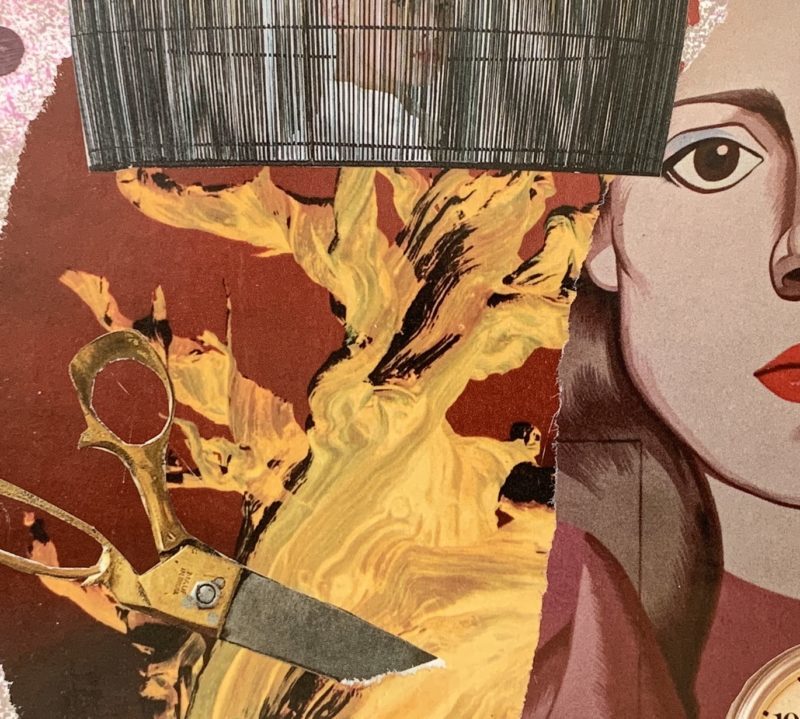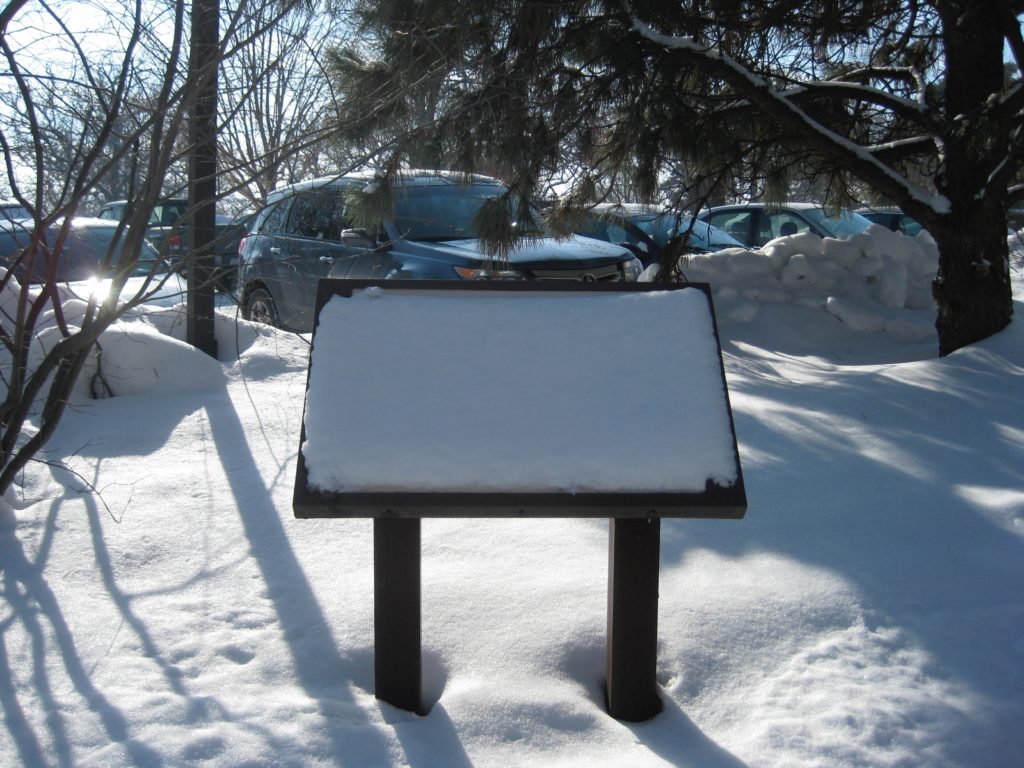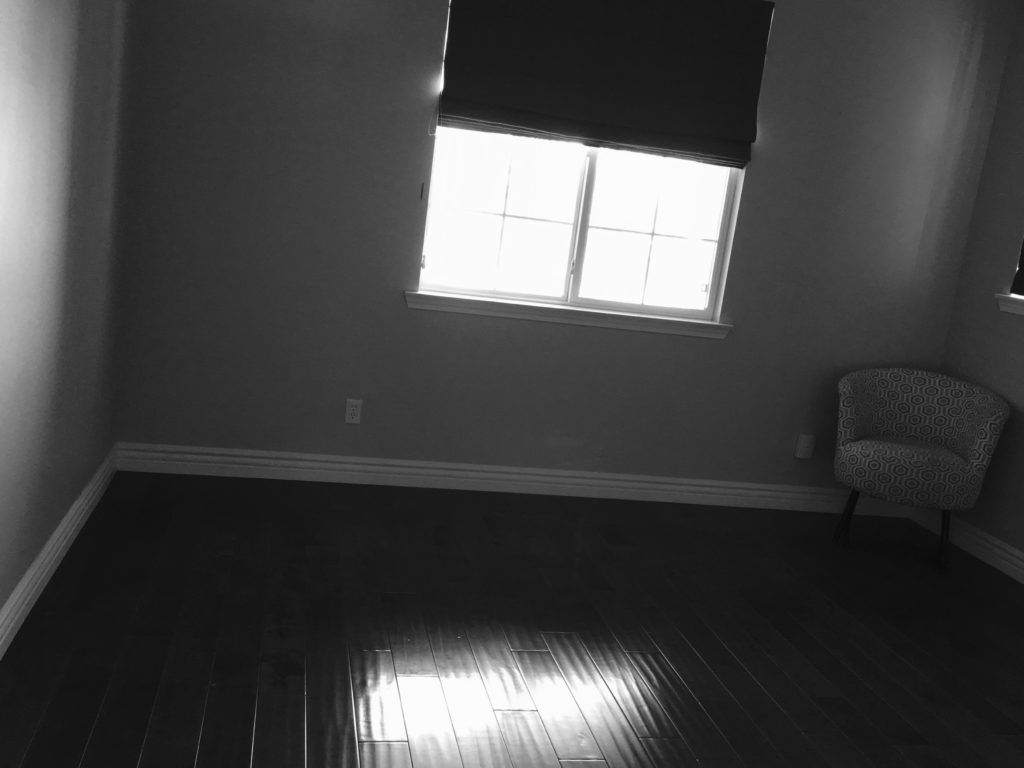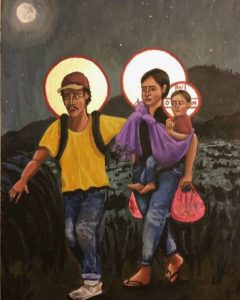Here’s why
I write about adoption, but it can be awkward, this birthmother/ first mother thing. The other night I attended a birthday party, and chatted with a couple I hadn’t yet met here in my rather large condo building. They passed their 4-month-old back and forth between them as we were introduced. I knew from our building’s private Facebook group that the baby had come into their lives unexpectedly. This little boy, with the face of a wise old man, had surprised his bio parents too. His mother denied her pregnancy until she was rushed to the ER. The father was even more surprised.
“Denise is a writer,” someone said as they introduced me.
“What do you write about?” the baby’s mother asked.
“I write about adoption,” I said, trying not to pull any punches, as I gestured toward the baby.
They might have flinched a little. I might have mumbled a half-hearted qualifier. But then I told them my story, and they told me theirs. “There won’t be any secrets,” the dad said. “He’s going to know the whole story.”
“He’s going to know everything,” the mother said.
“It was so different back in the day,” we said simultaneously, meaning the Baby Scoop Era. “Secrets,” we muttered. “Lies.”
What I dread most
And then neither of them said what I dread most. You were so generous to give up your baby. No one gives up a baby out of generosity. Here, have mine, says absolutely no one. Really, take him. I insist. C’mon, you know you want him. The most wonderful, kind, intelligent people utter this generosity line. They say it because they don’t know what to say. They say it because they want to be kind. They say it because they know that saying, “How could you do that?” is the wrong thing to say, and they are desperately searching for the right thing to say.
I write fiction and essays
I write about adoption because I have a lot to say about it.. So many thoughts about what we could say to others. Thoughts about how we could change things. Here’s a short story (fiction) that I published on Medium.
And here’s an essay (a true story) about giving up my son, also on Medium.
National Adoption Month
National Adoption Awareness Month is two-thirds over. I’m going to keep posting on Medium until I turn the calendar page. I’ll take a break then, but I’ll be back. Follow this blog. Or follow me on Twitter @demanuelclemen









